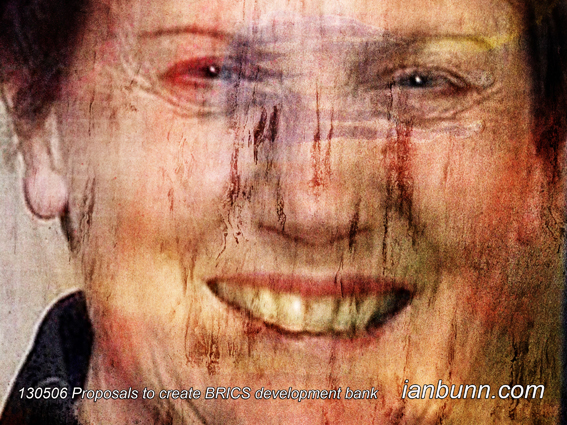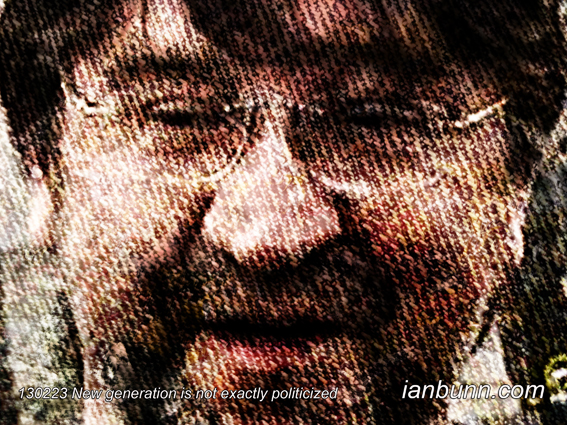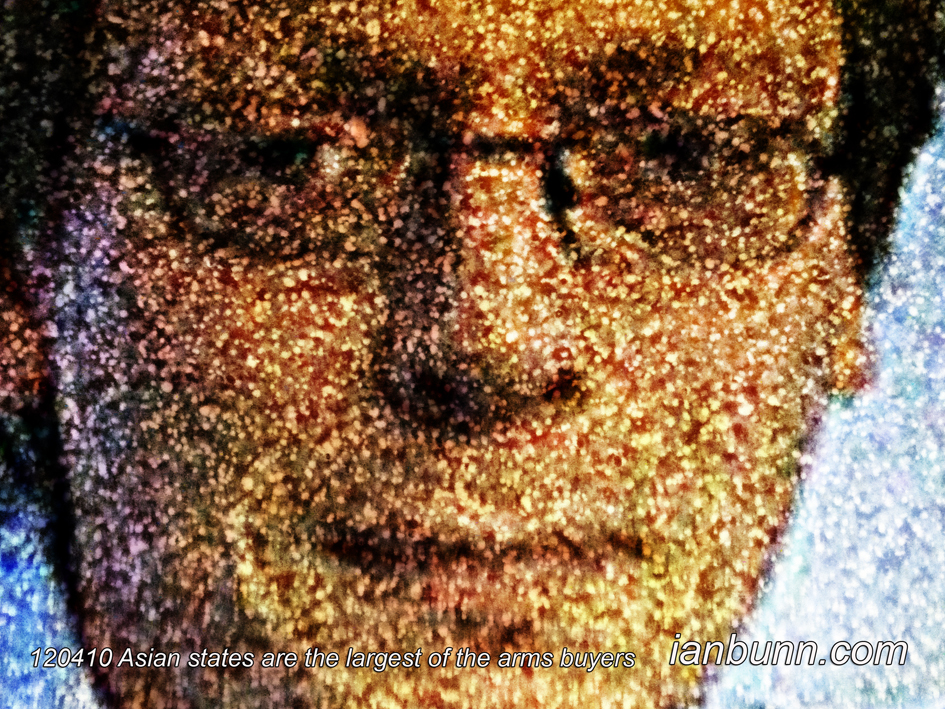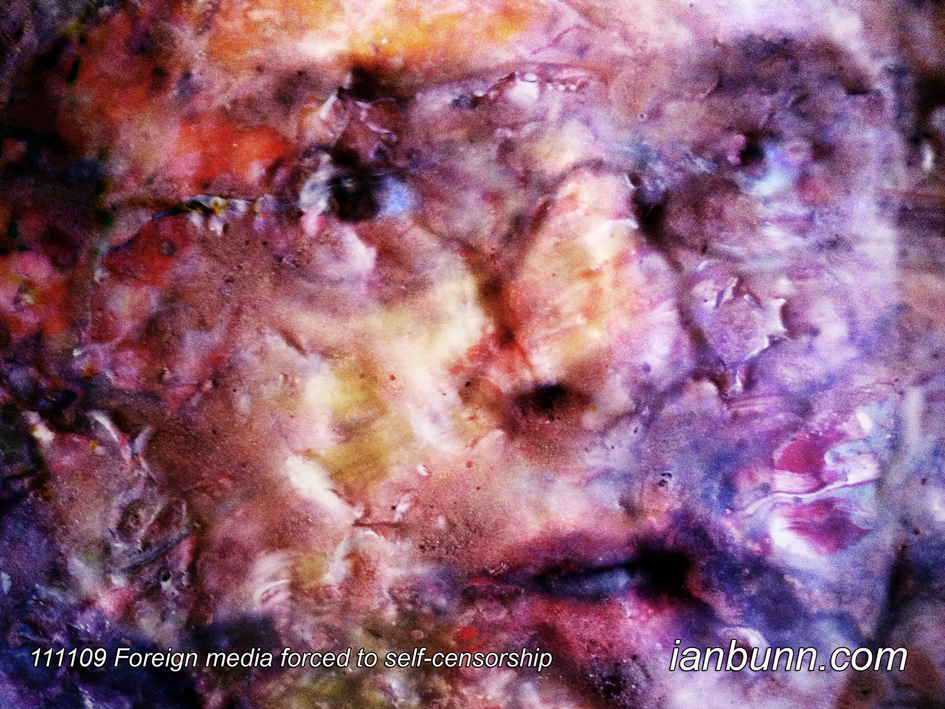 Proposals to create BRICS development bank (May 6 2013)
Proposals to create BRICS development bank (May 6 2013)
Helen Elizabeth Clark the 63 year old former Prime Minister of New Zealand and current Administrator of the United Nations Development Programme (UNDP) has published an article on the IPS News Service titled ‘The BRICS and the Rising South’. Clark states “…Brazil, Russia, India, China, and South Africa, known as the BRICS …will examine proposals to create their own BRICS development bank. The readiness of the BRICS countries to offer their own new international development initiatives and policy ideas is a clear manifestation of the changing global development landscape examined in UNDP’s newly released 2013 Human Development Report, “The Rise of the South: Human Progress in a Diverse World”. This dramatic change in global dynamics, however, goes well beyond the BRICS. More than forty developing countries are estimated to have made unusually rapid human development strides in recent decades, according to the Report. Together, they represent most of the world’s population and a growing proportion of its trade and economic output. The progress of these fast mover countries measured in human development terms has accelerated markedly in the past decade. These geographically, culturally, and politically varied countries share a keen sense of pragmatism and a commitment to people, as seen through investments in education, health care, and social protection, and their engagement with the global economy. Neither rigid command economies nor laissez-faire free marketeers, they are guided by what works in their own national circumstances. …A greater voice for the South also means greater responsibility, with shared accountability for solving problems and sustaining progress. A more engaged, successful South, meanwhile, helps the North, through its economic dynamism and collaboration on global challenges. As the 2013 Human Development Report says, the South still needs the North, but, increasingly, the North also needs the South.”
Inspired by Helen Clark, IPS News ow.ly/k4oC7 Image source Wikipedia ow.ly/k4ok2

![Svetlana Lunkina the 33 year old Russian Bolshoi principal ballerina having trained under the great Soviet ballerina Ekaterina Maximova under whose leadership at 18 years of age she became the youngest dancer in the history of the company to perform the title role in Giselle. Lunkina is the subject of an article published in the Independent by Matilda Battersby titled ‘Bolshoi ballerina Svetlana Lunkina says she's been driven from Russia by 'threats'’, following the acid attack on artistic director Sergei Filin two weeks ago, and general director Anatoly Iksanov stating that 'evil' has entered the company. Battersby states “…the company’s top ballerina [Lunkina] has revealed she has moved to Canada in response to unspecified “threats”. …Lunkina has left Russia claiming that threats had been made towards herself and her film producer husband. Lunkina… told Russian newspaper Izvestia: “I think we need to react to these threats. These people have no right to interfere in our private lives or my professional work.” The 33-year-old dancer’s unspecified allegations suggest that the threats were made in connection with a film project involving her husband. She had been due to perform in Stravinksy’s The Rite of Spring later this year. "I was supposed to be doing a lot of interesting work, including several premieres," she said. While believed to be unconnected the news of Lunkina’s departure from Russia comes at a dark time for the Bolshoi after its well-liked artistic director Sergei Filin, 42, was brutally attacked in Moscow on 17 January. A masked man threw sulphuric acid in his face as Filin was returning home after a party. Inspired by Matilda Battersby, The Independent ow.ly/hnHUj Image source Malixia ow.ly/hnIt6](http://www.ianbunn.com/wp-content/uploads/2013/02/130212dcU60.jpg)




